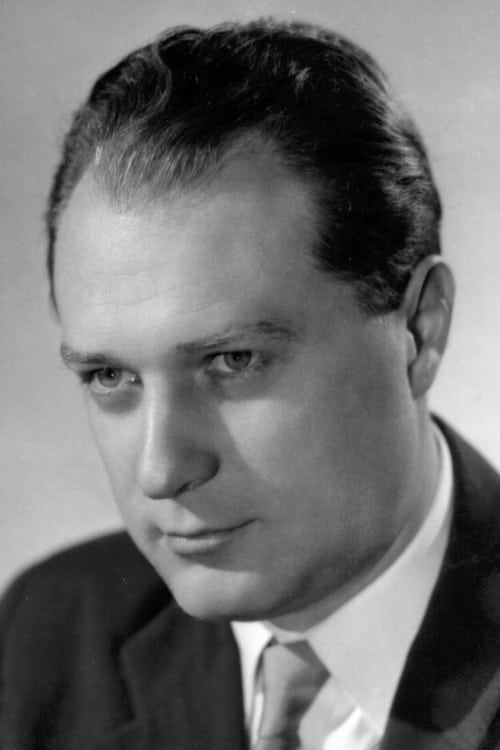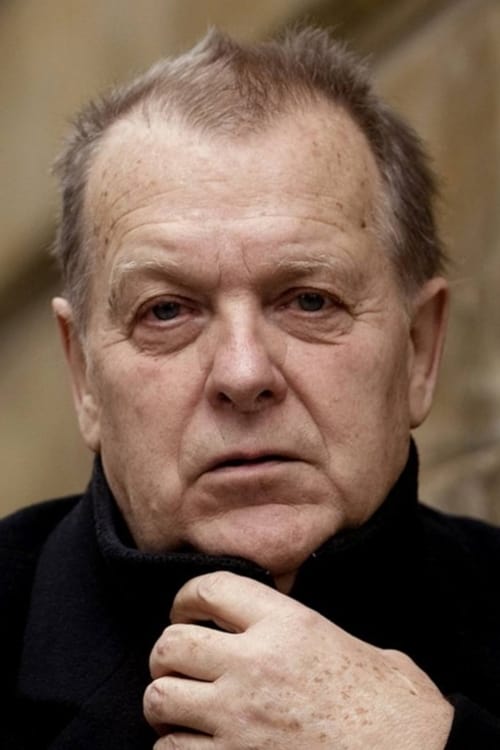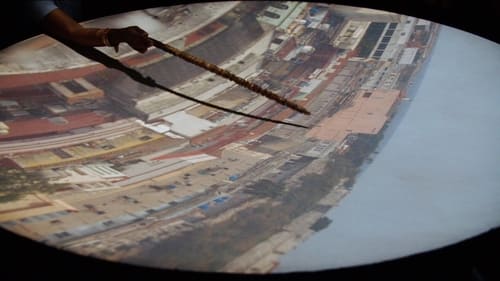Bohemia Docta or the Labyrinth of the World and the Lust-House of the Heart (A Divine Comedy) (2000)
Genre : Documentary
Runtime : 4H 14M
Director : Karel Vachek
Writer : Karel Vachek
Synopsis
A labyrinthine portrait of Czech culture on the brink of a new millennium. Egon Bondy prophesies a capitalist inferno, Jim Čert admits to collaborating with the secret police, Jaroslav Foglar can’t find a bottle-opener, and Ivan Diviš makes observations about his own funeral. This is the Czech Republic in the late 90s, as detailed in Karel Vachek’s documentary.

Humankind has always dreamt of the night sky. Of the infinite freedom offered by the black void, and of the strong, shining beacon inviting us to ascend. This is a story, a history of the events that led up to our conquest of space, and the consequences throughout wider humanity. The film is a collage. Of genres, documentary and comedy. Of media, drawing from painting and film. Of films, cannibalising all film history. Of truth, both objective and subjective. Watch the small steps and let your mind take a giant leap.

Since its publication 200 years ago, Mary Shelley’s Frankenstein has influenced vast swathes of popular culture. Adaptations have starred cinema legends from Boris Karloff to Robert De Niro – and even Alvin and the Chipmunks. From tales of science gone mad (Jurassic Park) to stories of understanding the other (ET, The Hulk, Arrival), traces of the story and its themes have spread across our media. With Frankenstein Re-membered, video artist and film historian Chris Gerrard collects these diverse fragments from the birth of cinema until the present day and in the tradition of Victor Frankenstein himself, attempts to stitch them back together into an adaptation of the original Shelley novel.
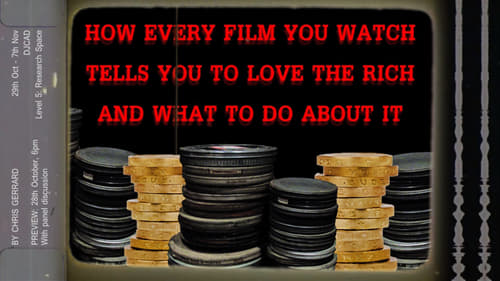
"How Every Film You Watch Tells You To Love The Rich and What To Do About It" explores the representations of wealth in cinema. It looks into how most beloved characters are subtly more well-off than they should be, how criticisms of the system are crushed, how the rich have become the average in the world of the cinema. And it shows how these stories distort the view of the real world, and are used against you by politicians.

How do you put a life into 500 words? Ask the staff obituary writers at the New York Times. OBIT is a first-ever glimpse into the daily rituals, joys and existential angst of the Times obit writers, as they chronicle life after death on the front lines of history.

A provocative and poetic exploration of how the British people have seen their own land through more than a century of cinema. A hallucinated journey of immense beauty and brutality. A kaleidoscopic essay on how magic and madness have linked human beings to nature since the beginning of time.
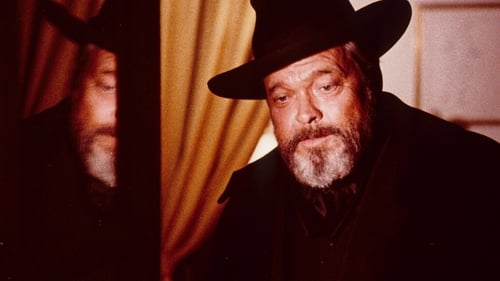
Documents the lives of infamous fakers Elmyr de Hory and Clifford Irving. De Hory, who later committed suicide to avoid more prison time, made his name by selling forged works of art by painters like Picasso and Matisse. Irving was infamous for writing a fake autobiography of Howard Hughes. Welles moves between documentary and fiction as he examines the fundamental elements of fraud and the people who commit fraud at the expense of others.
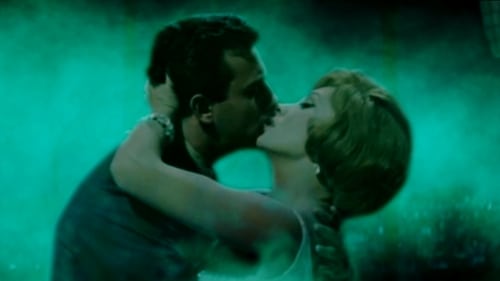
A tribute to a fascinating film shot by Alfred Hitchcock in 1958, starring James Stewart and Kim Novak, and to the city of San Francisco, California, where the magic was created; but also a challenge: how to pay homage to a masterpiece without using its footage; how to do it simply by gathering images from various sources, all of them haunted by the curse of a mysterious green fog that seems to cause irrepressible vertigo…

A cinematic time capsule with over 1,400 hours of submitted material from all regions of Switzerland gives unknown insights about the life of Swiss people in the politically and socially turbulent summer of 2019.

A mother of three leaves the children at home to spend a month in Paris on her own. She re-reads “The Second Sex” by Simone de Beauvoir, a book she loved when she was young.
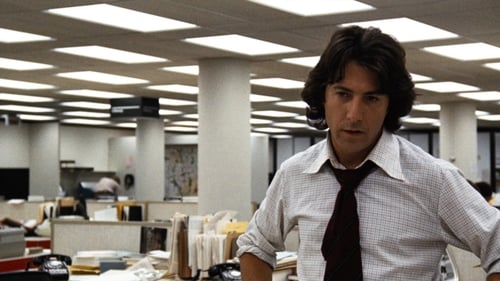
George Abitbol, the classiest man in the world, dies tragically during a cruise. The director of an American newspaper, wondering about the meaning of these intriguing final words, asks his three best investigators, Dave, Peter and Steven, to solve the mystery. (Sixteen French actors dub scenes from various Warner Bros. films to create a parody of Citizen Kane, 1941.)
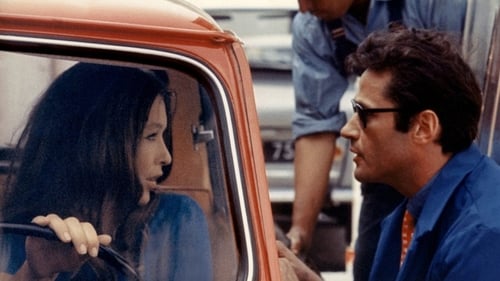
As the city of Paris and the French people grow in consumer culture, a housewife living in a high-rise apartment with her husband and two children takes to prostitution to help pay the bills.

A girl haunted by traumatic events takes us on a mesmerising journey through 100 years of horror cinema to explore how filmmakers scare us – and why we let them.
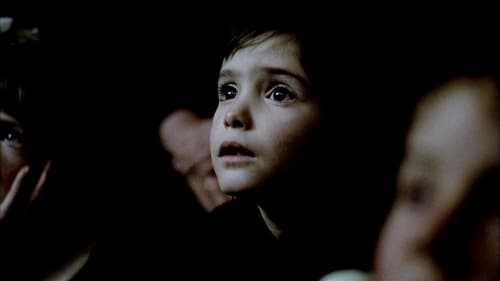
An audiovisual investigation into the way Spanish cinema has represented its audience throughout history, and a tribute to those who, for over a hundred years, have inhabited the theaters, mutually nurturing their deepest dreams and aspirations.
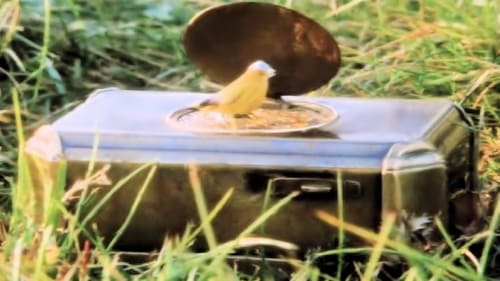
"Land of Dreams" - When the daughter Johanna is born in 1983, Jan Troell tells the story about his childhood Sweden and how things were when he grow-up in the land of fairy tales and potential prosperity.

CREMASTER 4 (1994) adheres most closely to the project's biological model. This penultimate episode describes the system's onward rush toward descension despite its resistance to division. The logo for this chapter is the Manx triskelion - three identical armored legs revolving around a central axis. Set on the Isle of Man, the film absorbs the island's folklore ...
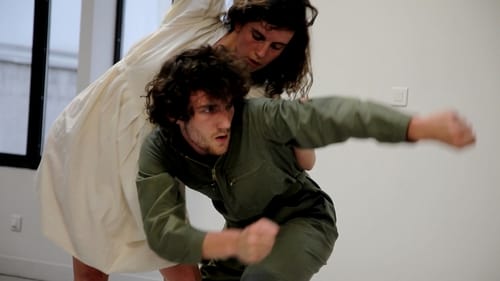
A year in the life of Elsa Michaud and Gabriel Gauthier, students of Fine Arts in Paris, lovers in troubled times, overwhelmed by maddening verbal and auditory stimuli, witnesses of a globalized violence more visible than ever in a chaotic digital era, in which the slow execution of simple gestures in a silent performance is an act of resistance.
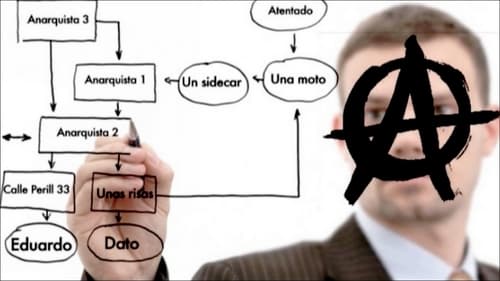
The sarcastic account of the assassination of five Spanish politicians between 1870 and 1973 is mixed with the narration of five short stories by Edgar Allan Poe illustrated by five skillful pencil artists. A bastard documentary, a video essay, a collage, a provocative experiment where various pop culture figures and icons perform unexpected cameos. The macabre joke of a jester. Never more.

Following an act of vandalism, the Palestinian filmmaker's father decides to install a surveillance camera to record the scenes unfolding in front of the house. Everyday family life, or neighbours going to work, Unusual Summer captures fleeting moments of poetry whereas, in the background, the daily choreography of Ramla, located in today's Israël, comes to the surface.
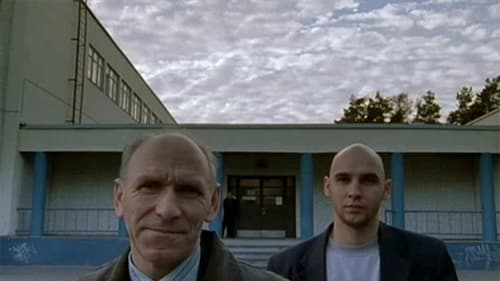
Twenty-five films from twenty-five European countries by twenty-five European directors.



